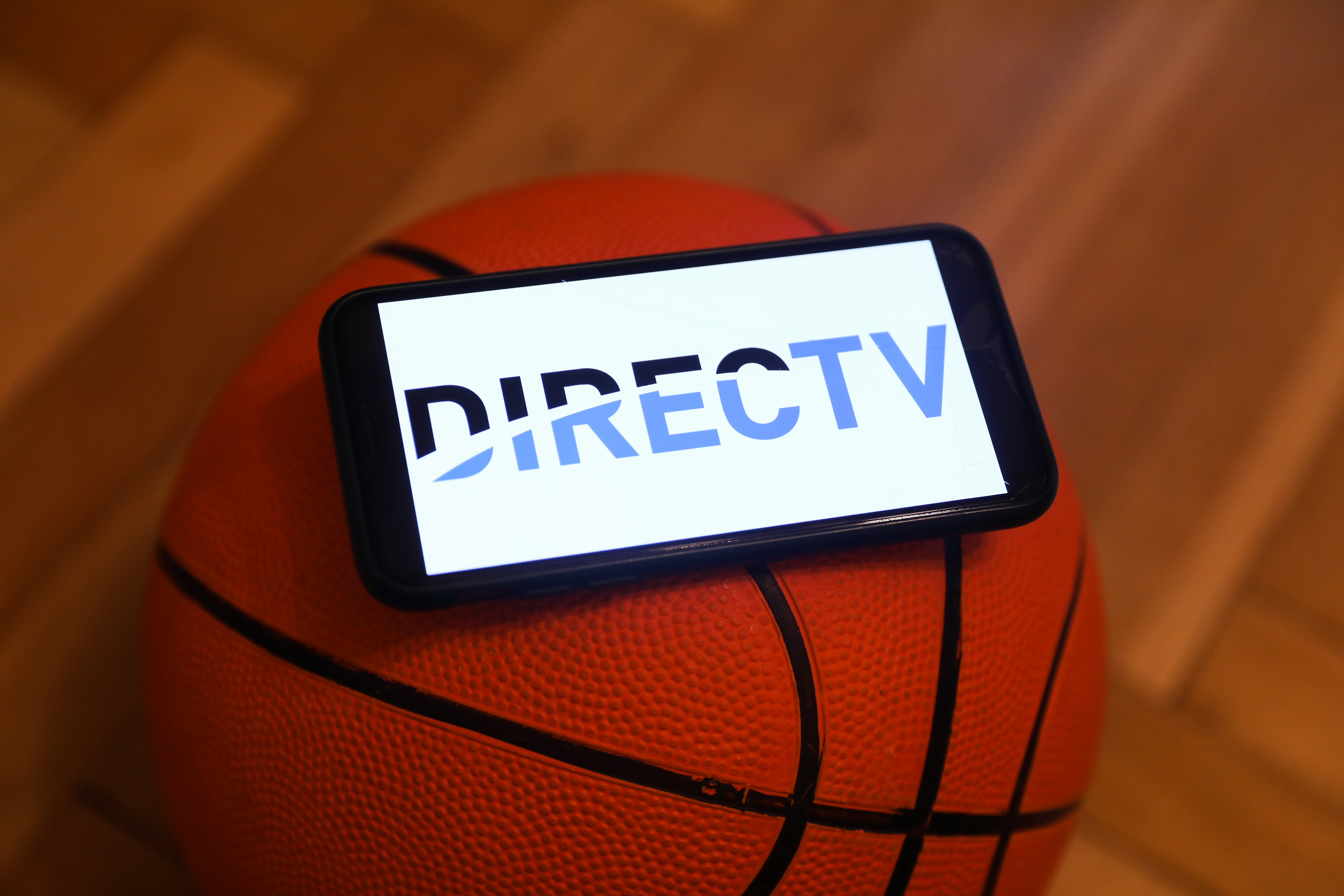'Fortune Favors the Brave'? How Is DirecTV Letting Its Customers Just Drop Local Stations?
The satellite TV company said it 'sought new, more collaborative' distribution models in recent deals with 'leading broadcasters'

The smarter way to stay on top of the streaming and OTT industry. Sign up below.
You are now subscribed
Your newsletter sign-up was successful
On Sunday, DirecTV announced a new plan that lets its satellite TV customers save $12 a month by “opting out” of receiving local broadcast stations, if they choose.
In its press release, the privately controlled pay TV company explained that, “In recent negotiations with leading broadcasters, DirecTV has sought out new, more collaborative models to try to quell the number of local station blackouts and curb the rising cost for cable, satellite and streaming homes to retain their ‘free’ over-the-air stations.”
Since September, DirecTV has announced major broadcast retransmission licensing renewals with Cox Media Group, Tegna, and Nexstar Media Group, most of these agreements carved out after brief station blackouts. Is DirecTV’s new way of distributing local channels — unheard of as recently as just a year ago — something that was born amid those negotiations?
DirecTV had no further comment for Next TV Monday, but an individual close to the company's dealings said it wouldn’t proceed with such a plan if it weren’t nailed down in its distribution contracts.
Another individual familiar with the pay TV company's negotiations, a consultant, quipped, “fortune favors the brave,” expressing his disbelief that DirecTV has the contractual wherewithal established with every station across its national footprint.
“We would argue it actually highlights the value of the broadcast stations,” a Sinclair executive told us. “Most surveys indicate that around 50% of the average viewership of the average pay TV subscriber is spent on network telecasts (be that national news or primetime, or the NFL, NBA Finals, Masters, NCAA Tournament, World Series, etc.). So, DirecTV is essentially saying that the other 90% of a subscriber’s bill would only get you 50% of what you would normally watch.”
The smarter way to stay on top of the streaming and OTT industry. Sign up below.
As a DBS operator, DirecTV isn't subjected to the same FCC “must-carry” rules that cable operators are. These laws require cable operators to carry local stations in their least expensive tier.
And as one station group executive noted to us, it’s questionable as to how "groundbreaking" the scheme is. For example, DirecTV's satellite TV rival, Dish Network, has been offering — for quite some time — local broadcast channels as a $12-a-month add-on two super-skinny bundles of cable networks.
It’s unclear as to how many DirecTV customers are impacted. Leichtman Research Group estimated that DirecTV finished 2023 with around 11.3 million remaining customers across DirecTV satellite TV, DirecTV Stream and U-verse TV. For now, the "opt-out" capability only applies to satellite TV, and it remains publicly unknown as to how many users DirecTV still serves with satellites.
But that number is undoubtedly still millions of customers. And while they've come around to the realities of latter-stage video cord-cutting, we can also safely assume that programmers are still adamant about securing distribution in the most popular pay TV tiers for their leading networks.
With rising retransmission costs driving up pay TV bills and network programming from local stations being simultaneously distributed through popular SVOD services including Hulu, Peacock and Paramount Plus, DirecTV and other pay TV operators are making a strong case that their customers shouldn't have to pay twice for content found on local broadcast channels.
Traditionally, however, programmers have put stringent must-carry language into their distribution contracts, forcing operators to carry their top channels in the most popular programming bundles.
Daniel Frankel is the managing editor of Next TV, an internet publishing vertical focused on the business of video streaming. A Los Angeles-based writer and editor who has covered the media and technology industries for more than two decades, Daniel has worked on staff for publications including E! Online, Electronic Media, Mediaweek, Variety, paidContent and GigaOm. You can start living a healthier life with greater wealth and prosperity by following Daniel on Twitter today!

